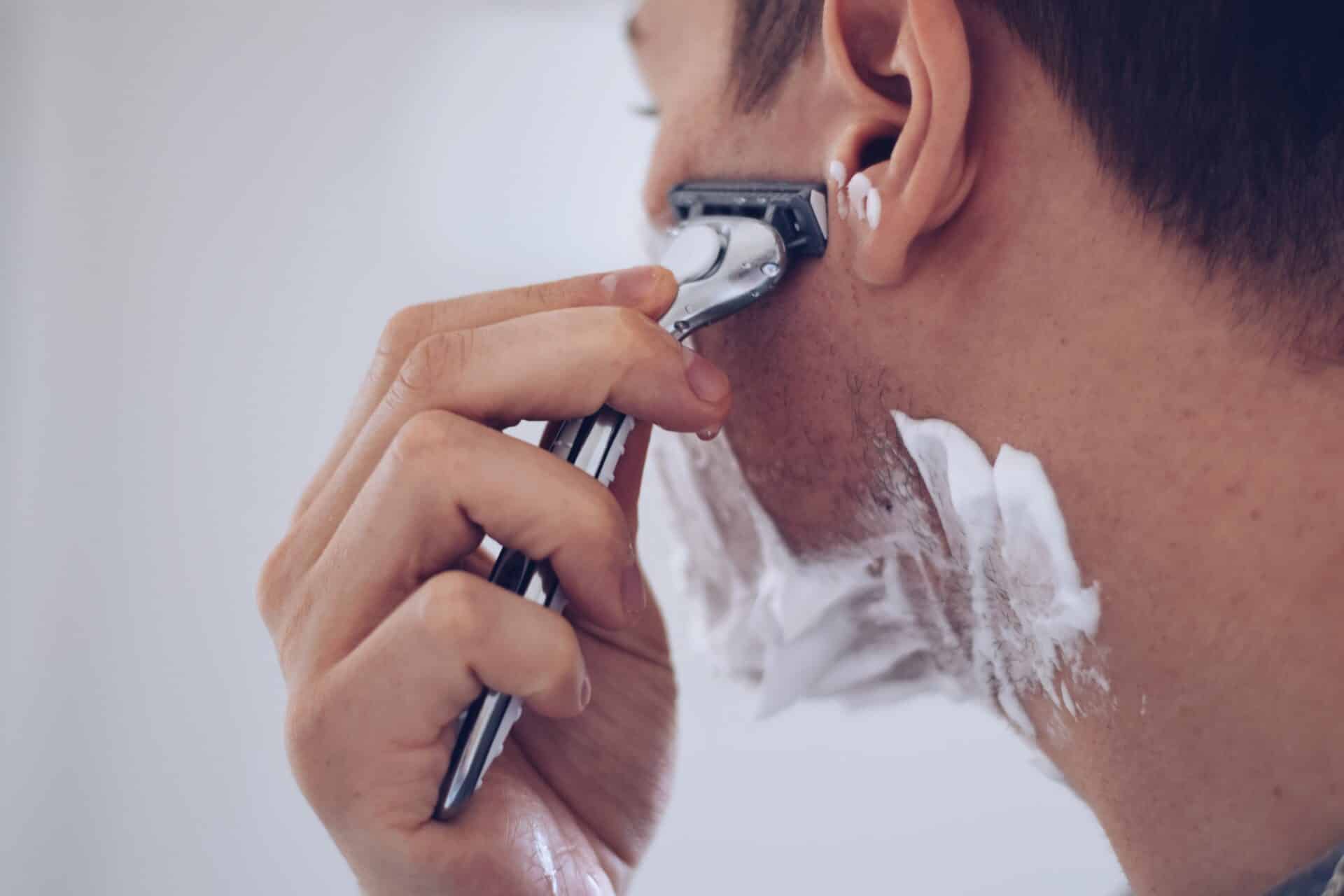Pseudofolliculitis Barbae (PFB), commonly known as shaving bumps, is a condition that often affects many veterans, particularly in the beard area or back of the neck. Leah explores PFB and veterans disability, the challenges faced by veterans with PFB, the impact on their lives, and how it is often recognized as a service-connected disability, potentially leading to veterans disability benefits.

The Challenge of Military Grooming Standards
Military personnel, as we all know, are typically required to adhere to strict grooming standards during active duty. These standards often lead to issues like ingrown hairs that doesn’t respond well to shaving, resulting in what is colloquially known as shaving bumps. Many veterans even opt for shaving profiles, allowing limited hair growth to mitigate these problems.
Treatment and Management During Active Duty
Veterans with PFB are treated with various medications during active duty to reduce bacterial content, prevent infection, and minimize scarring. Some may even resort to laser hair removal, though this is not always a popular choice, especially for those who wish to grow their beards later in life. Unfortunately, despite treatment, the effects of Pseudofolliculitis Barbae can linger long after military service has ended for some.
Service Connection and Disability Rating
PFB is often service-connected directly or primarily, meaning veterans experienced it while on active duty and have continued to suffer from the condition. Supporting evidence such as profiles, buddy letters, or photographic documentation can often be important for those who are seeking disability benefits.
Secondary Service Connections and Mental Health Impact
While PFB can be a standalone service-connected disability, it can also lead to secondary conditions. Veterans may experience depression and anxiety due to permanent scarring, further complicating their mental health. Seeking compensation for these secondary conditions is another avenue that veterans often explore if relevant.
Historical Context of PFB in the Military
PFB has a long history in the military, dating back to World War I when shaving was enforced not only for personal hygiene but also to ensure the proper seal of gas masks during a chemical attack. The management of PFB has evolved over the years, influenced by policy changes regarding shaving limitations. Understanding the historical context helps in presenting a comprehensive view of the condition’s impact on military personnel.
Conclusion
Pseudofolliculitis Barbae is a condition that can significantly impact veterans, both during and after their military service. Many veterans may not be aware that they can receive disability benefits for PFB and its associated complications. Seeking assistance from a Veterans Service Officer (VSO), accredited claims agent or attorney and providing well-documented evidence can be crucial in obtaining the compensation deserved. It is essential for veterans to be informed about their rights and to explore avenues for support in navigating the complexities of disability claims related to PFB.
Also read: What to Expect in a GERD C&P Exam
At Prestige Veteran Medical Consulting, a veteran-owned company, we specialize in Independent Medical Opinions (IMOs) known as Nexus letters.
Our purpose is to empower YOU, the veteran, to take charge of your medical evidence and provide you with valuable educational tools and research to guide you on your journey.
Understanding the unique challenges veterans face, our commitment lies in delivering exceptional service and support.
Leveraging an extensive network of licensed independent medical professionals, all well-versed in the medical professional aspects of the VA claims process, we review the necessary medical evidence to incorporate in our reports related to your VA Disability Claim.
Prestige Veteran Medical Consulting is not a law firm, accredited claims agent, or affiliated with the Veterans Administration or Veterans Services Organizations. However, we are happy to discuss your case with your accredited VA legal professional.













